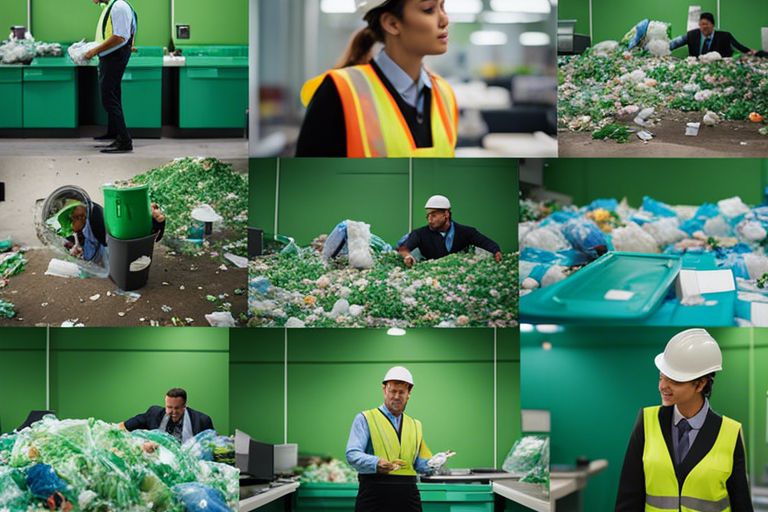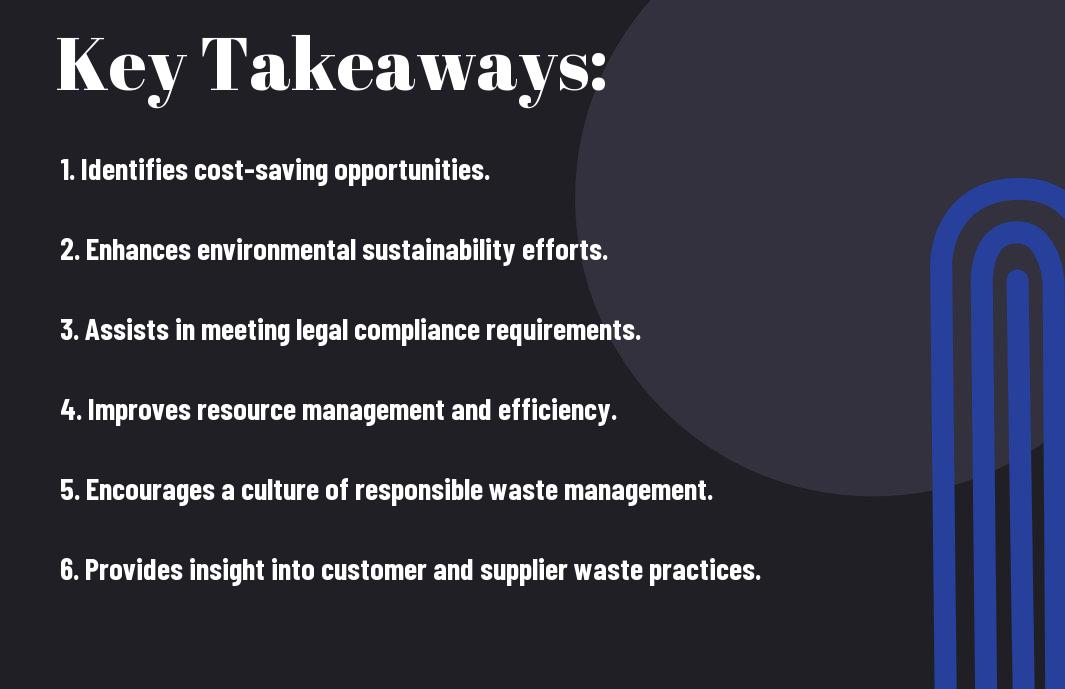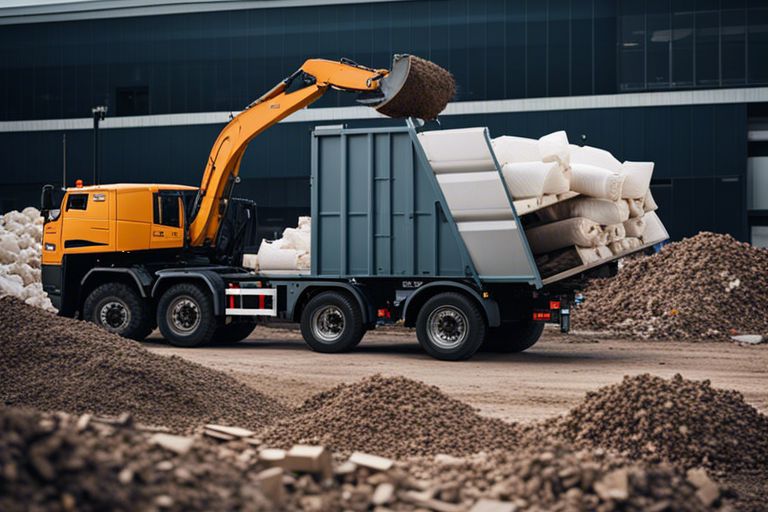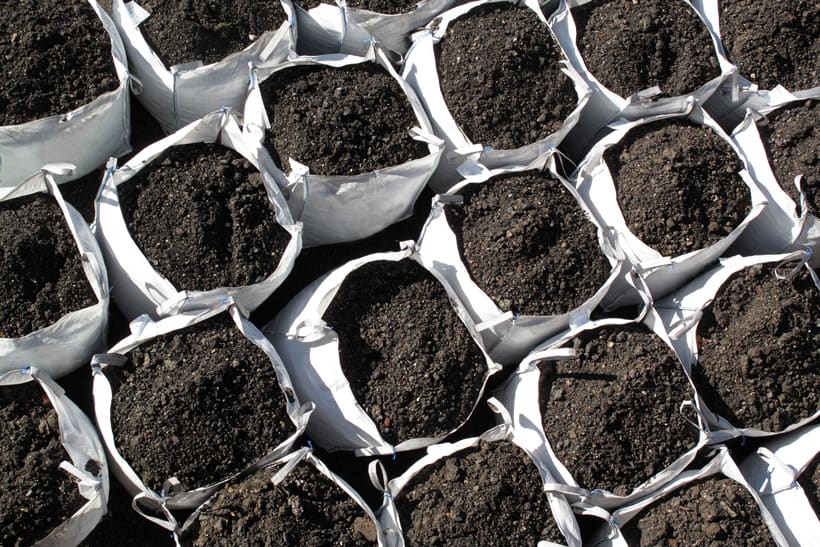Conducting regular waste audits can have a significant impact on the efficiency and sustainability of your company. By closely examining the amount and types of waste produced, you can identify opportunities for reduction, recycling, and cost savings. Waste audits also allow you to comply with environmental regulations and reduce the risk of fines or penalties. Additionally, by implementing the findings of waste audits, you can improve your company’s reputation as a responsible and environmentally conscious business. In this informative blog post, we will explore the numerous benefits that regular waste audits can bring to your company and why they are an essential part of any sustainable business strategy.
Key Takeaways:
- Cost Savings: Regular waste audits can help your company identify areas of waste and inefficiency, allowing you to make targeted changes that can result in significant cost savings.
- Environmental Impact: By conducting regular waste audits, your company can reduce its environmental footprint by identifying opportunities for recycling, reducing waste, and implementing more sustainable practices.
- Compliance and Reputation: Regular waste audits demonstrate your company’s commitment to environmental responsibility, aiding in compliance with regulations and enhancing your reputation as a socially responsible business.


Understanding Waste Audits
When it comes to managing your company’s waste, regular waste audits play a crucial role. If you want to understand the value of waste audits, it’s essential to grasp the key concepts and benefits. For a comprehensive guide to waste audits, you can explore Waste Audit Facts and Benefits: What Every Business Needs.
Definition and Purpose
A waste audit is a systematic review of the waste generated by your company. It involves identifying, quantifying, and analysing the types of waste produced, as well as the methods of disposal. The primary purpose of a waste audit is to gain insight into the company’s waste stream, to highlight areas for improvement, and to develop strategies for waste reduction and diversion.
The Process of Conducting a Waste Audit
The process of conducting a waste audit typically involves several stages, including planning and preparation, waste collection and sorting, data analysis, and the development of waste management strategies. It requires collaboration between different departments and personnel within the company, and may also involve external consultants or waste management experts.
Furthermore, the process of conducting a waste audit allows companies to identify opportunities for cost savings, improve resource efficiency, and enhance their overall sustainability performance. It also provides valuable data that can be used to set meaningful waste reduction targets, track progress over time, and communicate achievements to stakeholders.
Direct Benefits of Regular Waste Audits
Regular waste audits offer a range of direct benefits to your company, including cost savings and efficiency improvements, as well as enhanced environmental compliance.
Cost Savings and Efficiency Improvements
Conducting regular waste audits can lead to significant cost savings for your company. By identifying areas where waste is being generated unnecessarily or inefficiently, you can implement strategies to reduce waste and improve efficiency. This can result in reduced waste disposal costs, as well as increased productivity and streamlined processes.
Enhanced Environmental Compliance
Regular waste audits help to ensure that your company is in compliance with environmental regulations and standards. By identifying any areas of non-compliance, you can take corrective action to avoid potential fines and penalties. Additionally, improved environmental compliance can enhance your company’s reputation and demonstrate a commitment to sustainability.
Enhanced environmental compliance is crucial in today’s business environment, where consumers are increasingly concerned about the environmental impact of the companies they support. Demonstrating a strong commitment to environmental responsibility can attract environmentally-conscious consumers and stakeholders, and contribute to positive brand image and reputation.

Indirect Benefits of Regular Waste Audits
Regular waste audits not only have direct financial and environmental benefits for your company, but they also bring along a host of indirect benefits that can positively impact your organisation in various ways. Let’s explore some of these indirect advantages.
Employee Engagement and Corporate Image
One of the indirect benefits of regular waste audits is the impact it can have on employee engagement and corporate image. When employees see the company taking proactive steps towards sustainability and waste reduction, it can boost morale and create a sense of pride in their workplace. Furthermore, a positive corporate image in terms of sustainability can also enhance your brand’s reputation among consumers, suppliers, and other stakeholders.
Long-term Sustainability Goals
Another indirect benefit of regular waste audits is their contribution to your company’s long-term sustainability goals. By continuously monitoring and evaluating your waste generation and disposal practices, you are laying the foundation for a more sustainable future. This not only aligns with global efforts towards environmental conservation but also positions your company as a responsible steward of the planet.
Regular waste audits demonstrate your commitment to sustainable business practices and can attract environmentally-conscious customers and partners who value corporate responsibility. This can ultimately lead to long-term business growth and profitability while contributing to the greater good of the planet.
Implementing a Waste Audit Program
Implementing a waste audit program in your company can be a beneficial step towards understanding and managing your waste production. By conducting regular waste audits, you can gain insights into your company’s waste generation patterns, identify areas for improvement, and ultimately reduce your environmental impact.
Steps to Getting Started
When implementing a waste audit program, the first step is to assemble a dedicated team to oversee the process. This team should consist of individuals from different departments within the company to ensure a comprehensive approach to waste management. Next, you will need to establish baseline data by conducting an initial waste audit to understand your current waste output. Once the baseline data is established, set clear goals and targets for waste reduction to guide your efforts.
Challenges and Best Practices
One of the challenges associated with implementing a waste audit program is resistance to change within the company. It is important to communicate the benefits and long-term positive impact of waste audits to gain buy-in from all stakeholders. Additionally, companies may face resource constraints and lack of expertise in waste management. However, best practices such as investing in employee training, leveraging technology for data analysis, and seeking external support can help overcome these challenges.
Challenges in waste audit programs can be overcome by implementing best practices and utilising available resources effectively. It is crucial for companies to stay dedicated and focused on the long-term benefits, which include cost savings, improved environmental sustainability, and a positive company image.
The Benefits of Regular Waste Audits for Your Company
In conclusion, regular waste audits can offer numerous benefits for your company. By conducting regular audits, you can identify areas of waste production and implement strategies to reduce waste, leading to cost savings and improved resource management. Waste audits also provide valuable data that can inform your company’s sustainability efforts and help you meet environmental regulations. Additionally, a commitment to regular waste audits demonstrates a proactive approach to corporate social responsibility, which can enhance your company’s reputation and appeal to environmentally conscious consumers. Overall, the benefits of regular waste audits extend beyond just waste reduction, offering long-term advantages for your company’s bottom line and sustainability efforts.
FAQ
Q: Why should my company conduct regular waste audits?
A: Conducting regular waste audits can help your company identify areas for cost savings, improve environmental sustainability, and ensure compliance with waste regulations.
Q: How can waste audits benefit my company financially?
A: By identifying opportunities to reduce waste, recycle more, and implement better waste management practices, your company can save money on disposal costs and potentially generate revenue from recycling initiatives.
Q: What are the environmental benefits of conducting waste audits?
A: Regular waste audits can help your company reduce its environmental footprint by identifying opportunities to minimise waste generation, increase recycling rates, and improve overall sustainability practices.
Q: How can waste audits ensure compliance with waste regulations?
A: By conducting regular waste audits, your company can proactively identify and address any potential non-compliance issues, ensuring that you meet all legal requirements and avoid costly fines or penalties.
Q: What is the process for conducting a waste audit for my company?
A: The process for conducting a waste audit usually involves assessing your current waste generation, identifying opportunities for improvement, implementing changes, and regularly monitoring and measuring your waste management efforts to track progress.







